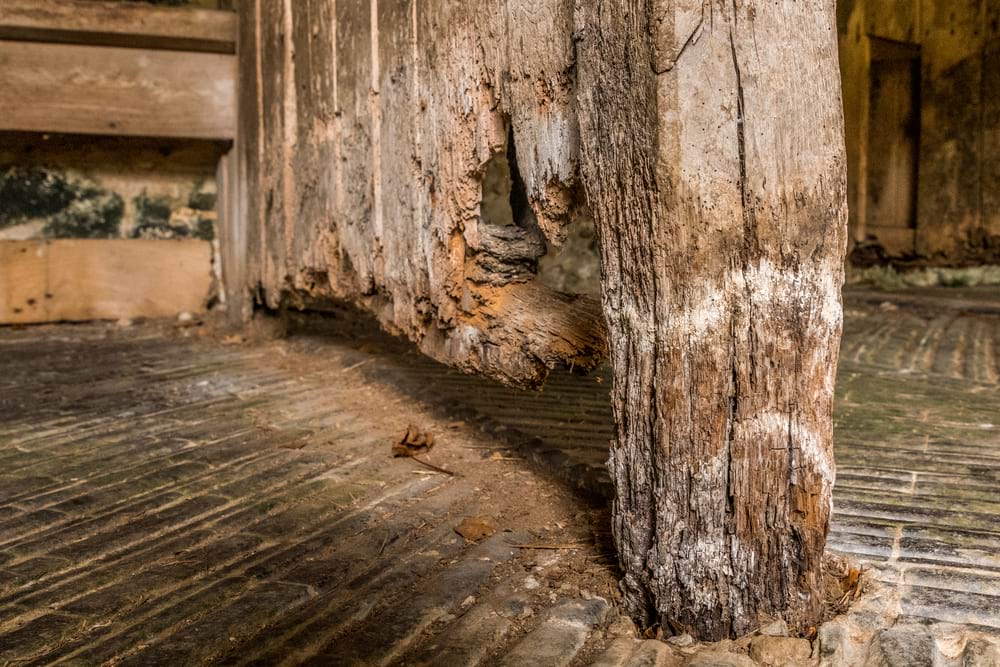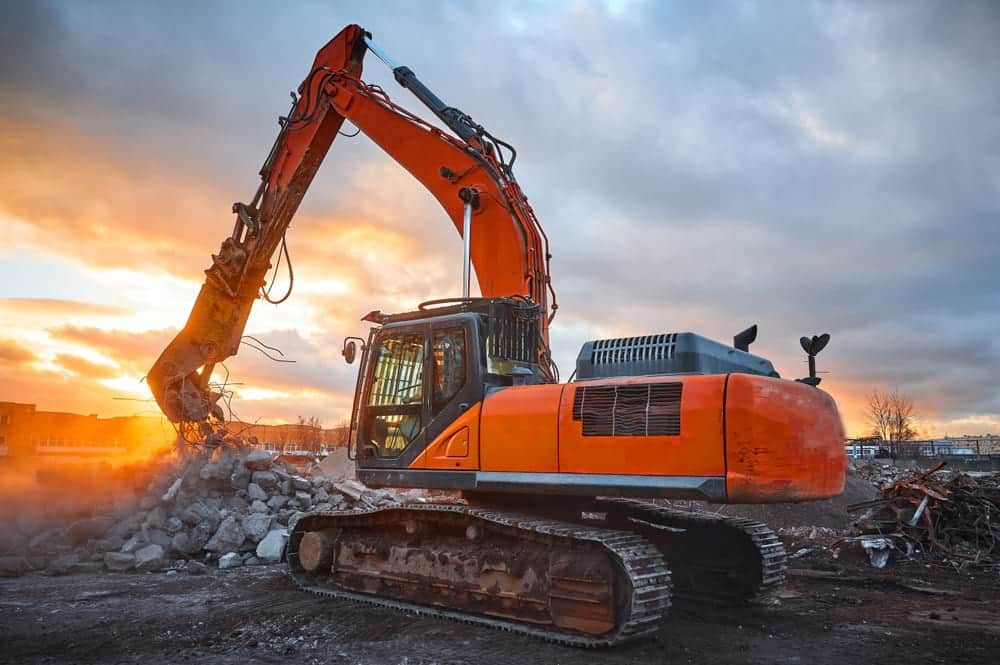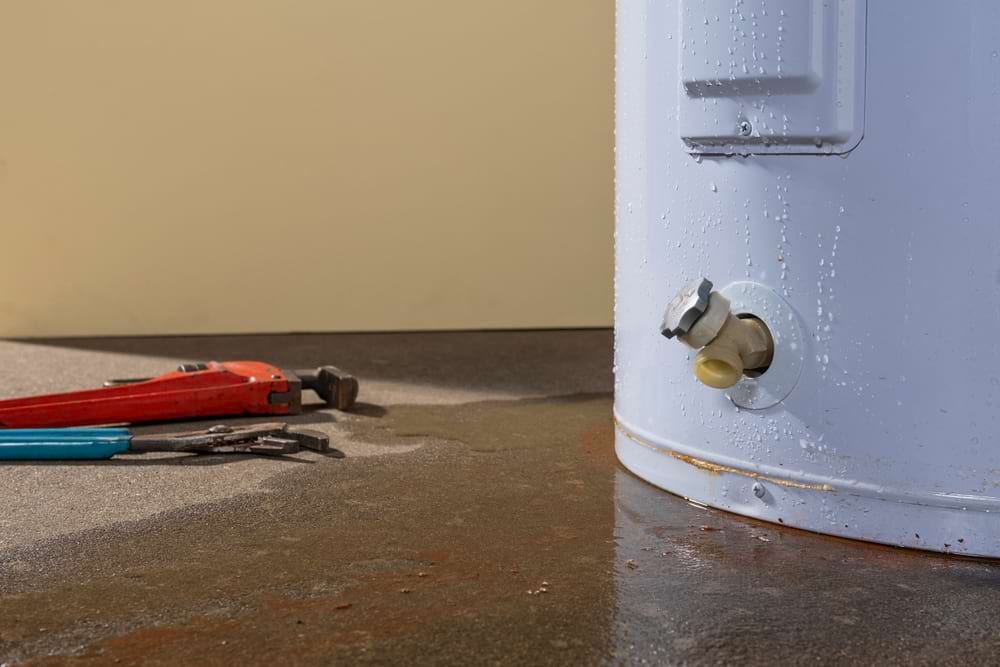Searches are essential to buying a property.
There are several different kinds of searches, including three main searches.
A conveyancer usually performs three main types of searches, each checking different things.
Below, we have explained what these are and why they are all important.
What is a search when buying a house?
In property, a search is an inspection carried out by a conveyancer during the process of buying a house.
The aim is to identify any potential issues that may be associated with purchasing the property so that you can be protected.
It will usually involve the conveyancer contacting local authorities to ask about details such as:
- Flood risk
- Property boundaries
- Access rights
- Future planned developments that may affect your house.
And more.
Searches are usually required by lenders. So, cash buyers don’t have to do searches (though are still advised to!).
How long do inspections take?
Since your conveyancer may have to contact several different organisations to obtain all the relevant information, the process can often take several weeks.
The time can also be impacted by the type of inspection and the issues discovered during it.
The three main property searches
Below, we have outlined the three specific searches your conveyancer will likely do and what is involved with each one.
1. Local Authority Search
A local authority search is likely the first type of search your conveyancer carries out. This involves contacting local authorities and checking things such as:
- Planning restrictions or permissions on the property
- Highway issues. For example, who is responsible for maintaining the paths and roads connecting the property
- Restrictions on development (these might be down to restrictive covenants or local laws)
These checks may reveal surprises, such as extensions to the property without planning permission or activities you are not allowed to do (for example, cutting down a protected tree in the back garden).
Other smaller details often involved with a Local Authority Search are:
- The installation of a boiler
- The rewiring of your house
- Building control issues
- Pollution
- Rail schemes.
Depending on the severity of the findings and what implications they have on you as the homeowner. You may decide that you are no longer interested in the property or that you want to reduce your offer significantly.
2. Water and Drainage Search
The second type of search covers everything related to water and drainage.
While this may not be the ‘sexiest’ of all the searches, it can still have real implications for you once you move into the property.
A water and drainage search looks at, amongst other things:
- How the property is charged for water services
- Whether you are connected to the main water supply
- Where precisely the water mains are
- Whether there is a public sewer in the boundaries of the property
- Which water companies are involved.
Not only can these findings affect your monthly outgoings (such as how you are charged for using water), but they may also affect your ability to extend the property if there is a public sewer in close proximity.
3. Environmental Search
Another important search that your conveyancer carries out is to examine the environment surrounding your property.
This usually includes details such as:
- Flooding
- Landslides
- Contaminated land
- Radon gas hazards
- Subsidence.
If any of these elements are present, or if the local area has a strong history of these things, then it is important that you know about it.
After all, landslides or subsidence can impact your safety within the property. Therefore, you may opt to back out of the purchase altogether.
Does a house search also involve checking the Land Registry?
Yes, a conveyancer will usually check the Land Registry as part of the searches on your house. This will help identify your property’s boundaries.
The Land Registry search will also clarify who the legal owner of the property is. This will be important for the exchange of contracts to complete the transaction.
A land registry search should only take a couple of days, so hopefully, it won’t delay the process of completing searches too much.
Additional searches a conveyancer may carry out
Although we have outlined above the main searches that a conveyancer is likely to carry out, there are a few additional ones that you may want to pay for.
You should speak to your conveyancer about whether these are relevant. A few examples include:
- Mining search
- Chancel search
- Bankruptcy search
- Canal and river search.
Many of these are less common because they only apply under certain circumstances.
For example, a canal and river search often only applies if your property backs onto a river or canal, as it is required to check your rights (i.e. relating to fishing or mooring).
How much do searches cost when buying a house?
Several different online conveyancing websites suggest that you can expect to pay around £300 as a baseline figure for getting searches completed.
This number may go higher if you are looking for additional searches to be carried out, beyond the bare minimum.
The amount you pay will also be impacted by the company you use. You should therefore contact several conveyancers for quotations before you decide. And also check their reviews to see how satisfied former customers have been.
Can I buy a house without completing searches?
Searches are required if you buy a property using a mortgage but are not compulsory if you pay the entire sum up-front with cash.
A lender/bank will require you to conduct searches because they want reassurance that your property will not be worth less than it is today. By seeing the results of your searches, it helps them to protect their investment.
If you are paying for the entire thing with up-front cash, you do not need to provide this reassurance to the lender and are therefore not required to pay for searches.
However, it is still strongly recommended that you do so because it can prevent any unexpected challenges from rearing their heads in the future and causing you problems.
Should I take out indemnity insurance?
Depending on how much faith you have in your conveyancer, you may choose to take out Indemnity Insurance.
This provides you with financial protection in case defects are revealed in your property further down the line that your conveyancer failed to pick up on.
Once the insurance pays out, it covers the costs associated with these unforeseen challenges. You may want to speak to an insurance expert who can provide more guidance.




















